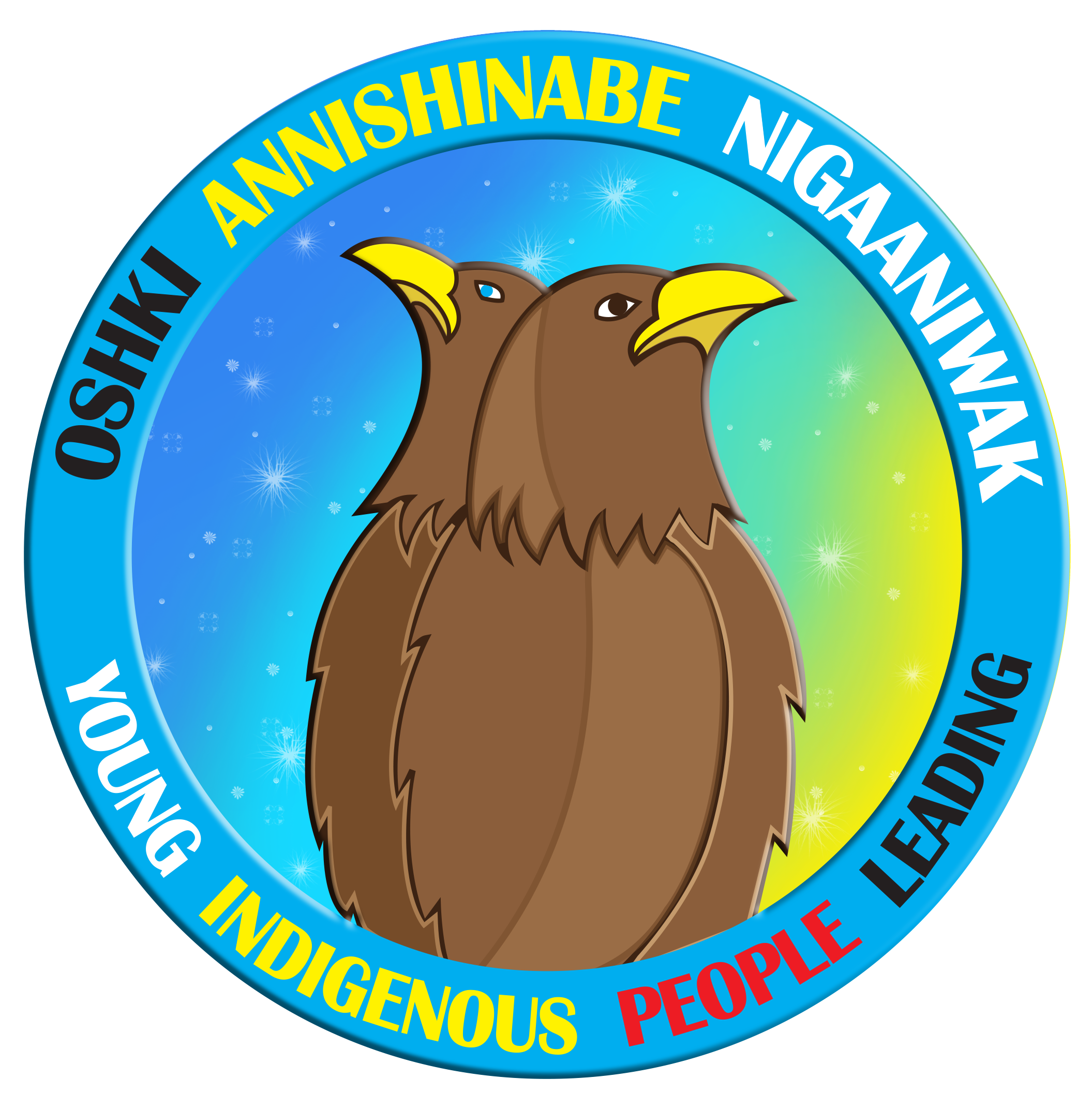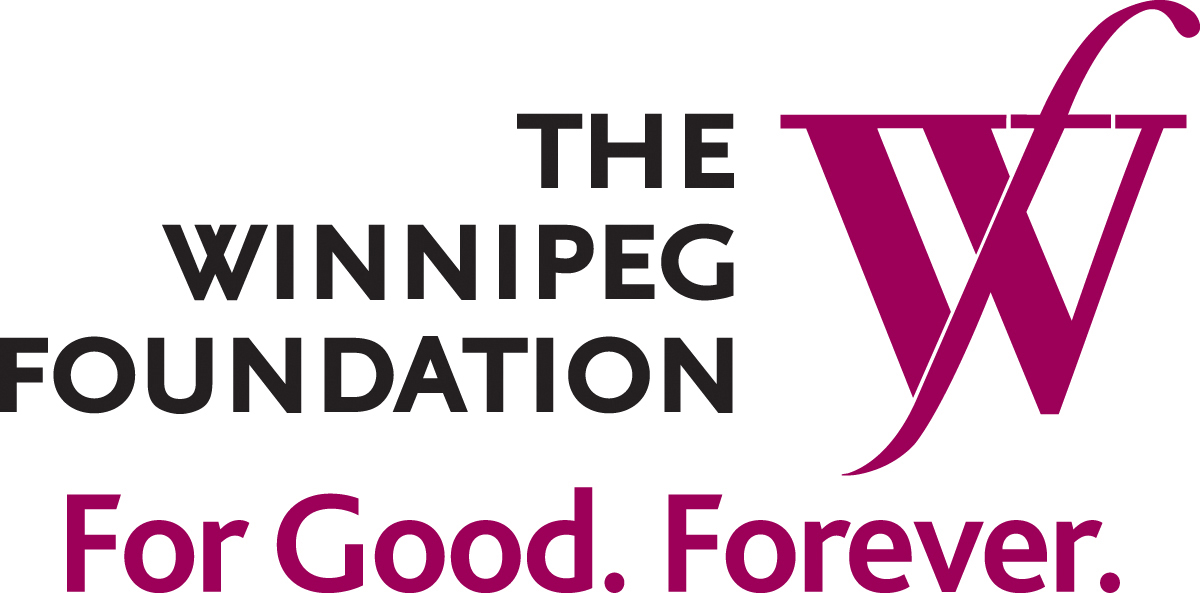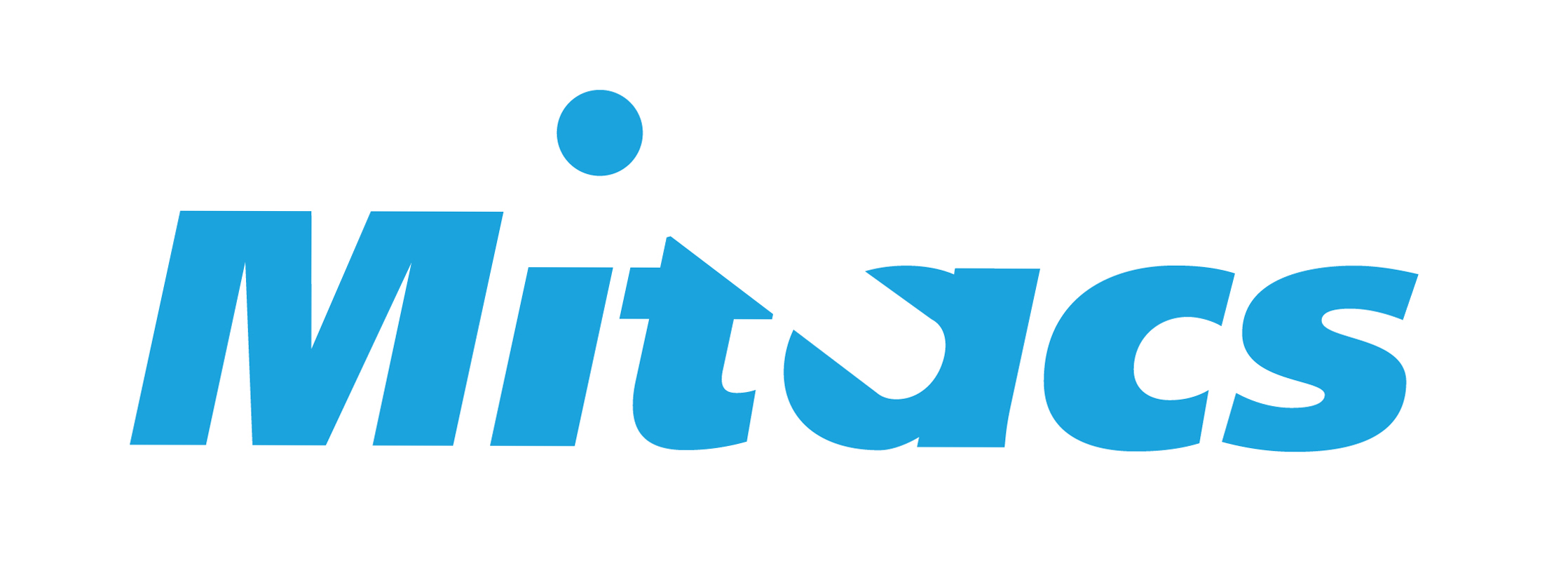About Inner-City Work Study
The Inner-City Work Study program works in the spirit of reconciliation consistent with the principles outlined in the Truth and Reconciliation Commission of Canada Final Report (TRC 2015). As described by the TRC: “All Canadians, as Treaty peoples, share responsibility for establishing and maintaining mutually respectful relationships.” While many of the Report’s 94 recommendations focus on the role of governments, the Report also calls upon Indigenous and non-Indigenous Canadians to be part of the process of healing and moving forward, noting that reconciliation requires “sustained public education and dialogue, including youth engagement."
The TRC describes the importance of reconciliation at the community level, “where contact between Aboriginal and non-Aboriginal peoples is often minimal or marred by distrust and racism” (TRC 2015: 210). Actively engaging in a process of reconciliation is particularly important in Winnipeg where racism continues to be a serious problem. Inner-City Work Study is an example of how we can begin to heal our community, while also aligning with the City of Winnipeg’s commitment to reconciliation.
This innovative sixteen week program enables Indigenous, non-Indigenous, and newcomer students to learn and work together within Winnipeg's inner-city. The program collaborates with community based inner-city organizations to cooperatively design work placements that meet students' skills and interests. Rooted in reconciliation, the program is a place for diverse students to wrestle with complex issues, better understand each other, gain work experience, and a post-secondary education credit.
This program is a full-time commitment for the spring and summer. The work placements provide practical employment 4 days per week among inner-city residents and community leaders in the spirit of reconciliation. The 1 day per week 6-credit course introduces students to theories of community practice in urban settings. They will explore a wide range of issues encountered in the inner-city and learn strategies centered on community practice, citizen mobilization, engagement, empowerment, and reconciliation. Students will gain hands on and practical skills such as grant writing, de-escalation and harm reduction training, while also exploring how to connect classroom theories with daily work in the inner city.
Upon completion of the course, students lead a conference to share their learnings and experiences.
Students will be challenged to explore how to support communities from within, and to build bridges across the divides. The work placements provide valuable experience to bring to the classroom, and the classroom theories help to inform the work placements.
Funded by:

 Oshki Annishinabe Nigaaniwak; an initiative of the City of Winnipeg
Oshki Annishinabe Nigaaniwak; an initiative of the City of Winnipeg



Funded by the Government of Canada’s Sustainable Development Goals Funding Program

